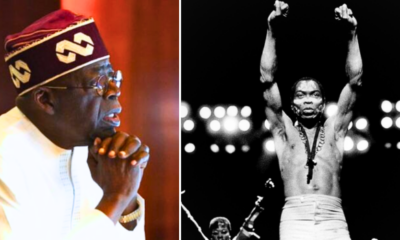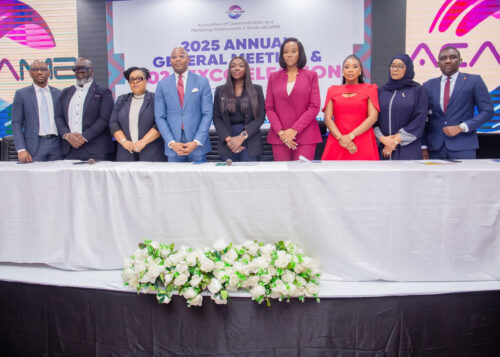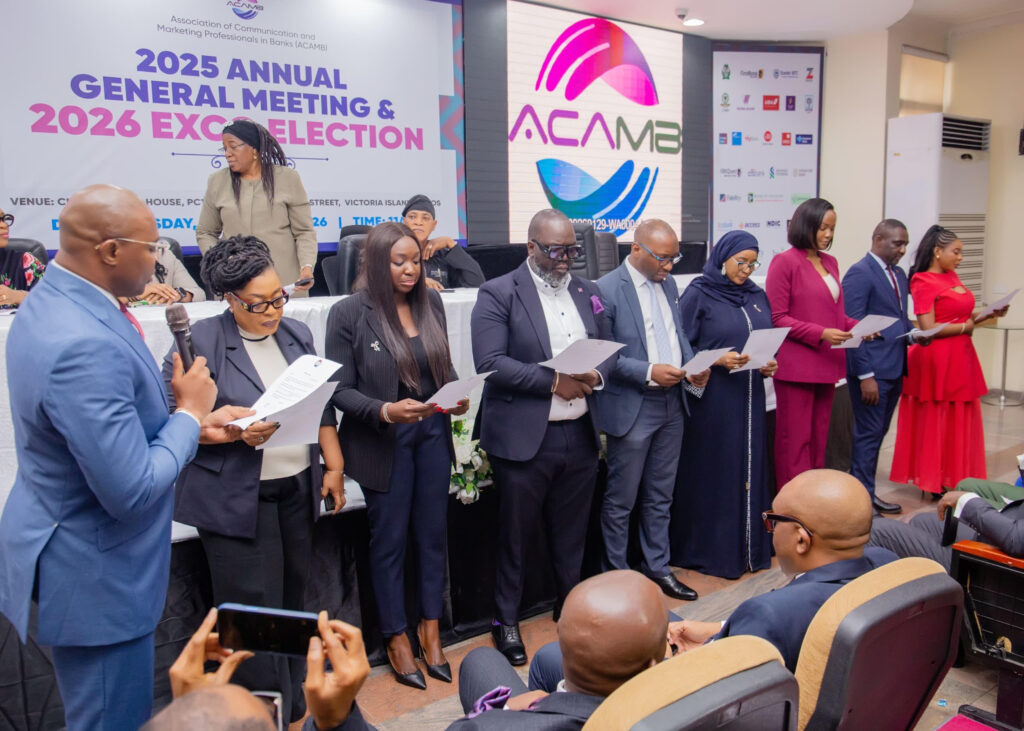BUSINESS
GTBank Releases 2020 Half Year Audited Results, Reports Profit before Tax of ₦109.7Billion

- /home/porsch10/public_html/wp-content/plugins/mvp-social-buttons/mvp-social-buttons.php on line 27
https://porscheclassy.com/wp-content/uploads/2017/03/GTBank-Office-e1572287271261.jpg&description=GTBank Releases 2020 Half Year Audited Results, Reports Profit before Tax of ₦109.7Billion', 'pinterestShare', 'width=750,height=350'); return false;" title="Pin This Post">
- Share
- Tweet /home/porsch10/public_html/wp-content/plugins/mvp-social-buttons/mvp-social-buttons.php on line 69
https://porscheclassy.com/wp-content/uploads/2017/03/GTBank-Office-e1572287271261.jpg&description=GTBank Releases 2020 Half Year Audited Results, Reports Profit before Tax of ₦109.7Billion', 'pinterestShare', 'width=750,height=350'); return false;" title="Pin This Post">
BUSINESS
Wema Bank Launches “Evolution of Love” Campaign For Valentine’s Day
BUSINESS
FIRST HOLDCO PLC – TAKING THE BULL BY THE HORN WITH A RECORD IMPAIRMENT CHARGE; GROWS GROSS EARNINGS TO N3.4 TRILLION FOR THE UNAUDITED FULL YEAR ENDED DECEMBER 31, 2025.
BUSINESS
Jide Sipe Named President, Abiodun Coker of UBA, Others Emerge As ACAMB Executives
-

 BIG STORY4 days ago
BIG STORY4 days agoLagos Couple Stages Self-Kidnap To Raise Funds For Husband’s US Return Ticket, Arrested With N10m Ransom
-

 BUSINESS3 days ago
BUSINESS3 days agoFIRST HOLDCO PLC – TAKING THE BULL BY THE HORN WITH A RECORD IMPAIRMENT CHARGE; GROWS GROSS EARNINGS TO N3.4 TRILLION FOR THE UNAUDITED FULL YEAR ENDED DECEMBER 31, 2025.
-

 ENTERTAINMENT1 day ago
ENTERTAINMENT1 day agoBurna Boy, Davido, Wizkid, Ayra Starr Lose At 2026 Grammy Awards
-

 BIG STORY8 hours ago
BIG STORY8 hours agoUS Set To Deport 79 Nigerians On ‘Worst-Of-The-Worst’ Criminal List [Names Attached]
-

 ENTERTAINMENT1 day ago
ENTERTAINMENT1 day agoTinubu Hails Fela’s Lifetime Grammy Achievement Award, Says He Was The ‘Fearless Voice Of The People’
-

 POLITICS4 days ago
POLITICS4 days agoAPC Engaging Wike To Resolve Rivers Crisis, It Will Be Settled Amicably —– Ajibola Basiru
-

 BIG STORY4 days ago
BIG STORY4 days agoResident Doctors Give Federal Government Four Weeks To Meet Demands
-

 BIG STORY1 day ago
BIG STORY1 day agoCoup Plotters Marked Me For Arrest, Assassination —- Defence Minister


















